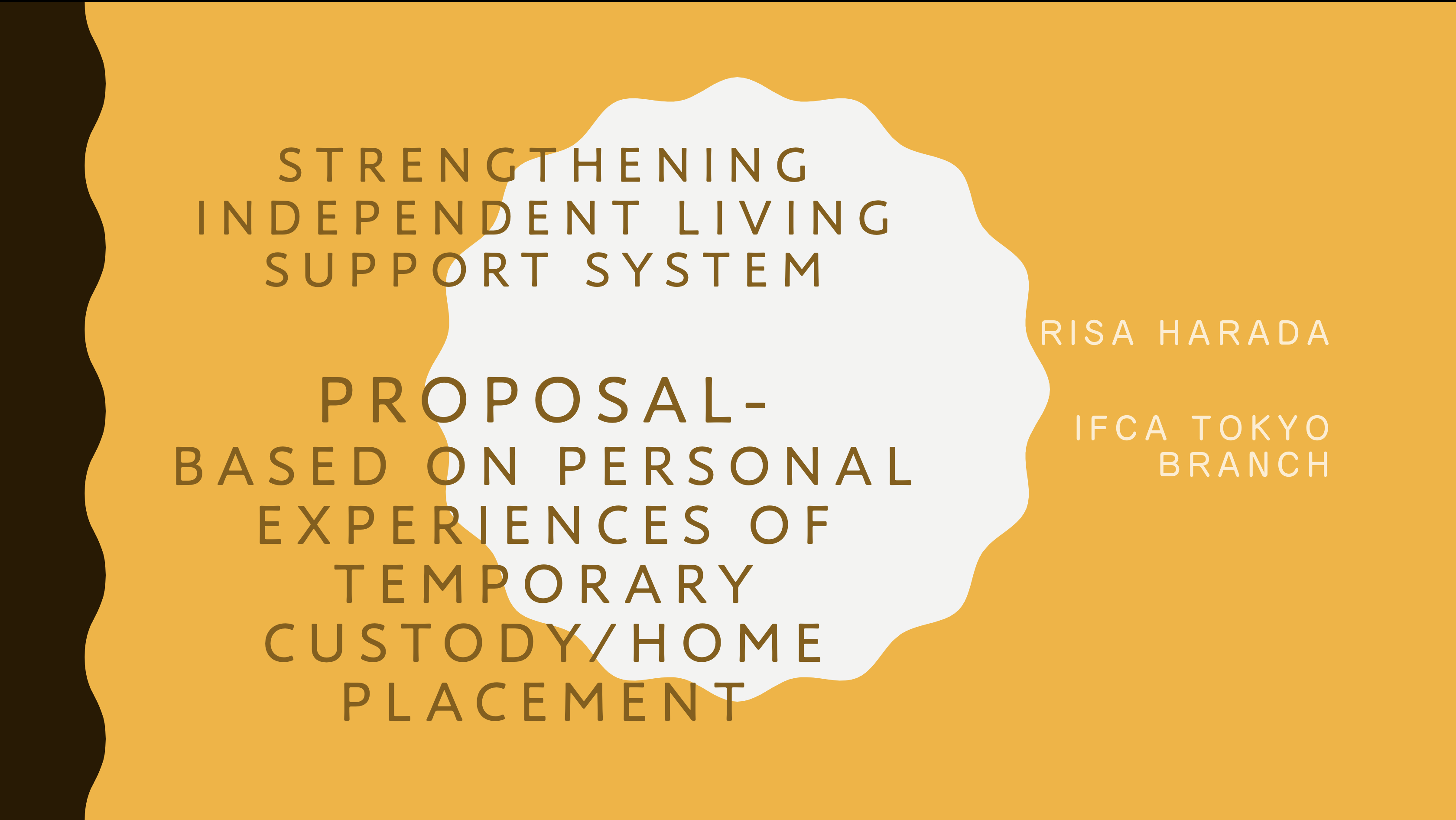Janell Braxton
When I hear the words Mental Health, I automatically think that it’s for people with severe problems, don’t you? Then I started contemplating and researching what mental health is, and according to the Center for Disease Control it’s defined as “a state of well-being in which the individual realizes his or her own abilities, can cope with the normal stresses of life, can work productively and fruitfully, and is able to make a contribution to his or her community.” It can be paired with mental illness defined as “a disease that causes mild to severe disturbances in thought and/or behavior, resulting in an inability to cope with life’s ordinary demands and routines.” This had me thinking, are foster youth and alumni affected with mental illness before or after foster care? Is it possible that foster youth and alumni entered care with a mental illness and their mental illness increased simply by being placed into the foster care system? Nonetheless, having mental health services for foster youth is not only important but is a vital part for the youth as they grow older.
Most foster youth in care, especially those in group home care in Washington, lack proper mental health services. Foster youth in group home care were often inappropriately placed into group home facilities because that was the only available bed. There are a variety of group homes in Washington State whose purposes are to provide services in specific areas for the youth (i.e. juvenile justice, child welfare, and mental health (Ryan et al. 2008)). “Youth in group homes are likely to be older (15-17 years old), male, minority, have a range of emotional/behavioral issues, and have had prior
involvement with the juvenile justice system (Ryan et al. 2008).” This is a targeted population and overlooks what group homes for foster youth typically are like. The general foster youth population experience group home care but lack proper mental health services because access isn’t made easy for them nor is mental health something seen as beneficial for the long run.
Statistically speaking, “…research underscores the urgent need to improve the access and quality of health and mental health care services for the large numbers of children in foster care (about 800,000 with a daily census of 510,000 as reported at the end of September 2006). For example, Rubin, Halfon, Raghavan, and Rosenbaum (2005) found that an estimated one in every two children in foster care has chronic medical problems unrelated to behavioral concerns.” Not only is it concerning that half of youth in foster care experience medical problems but that “most foster youth in foster care have traumatic family histories and life experience (including the removal from their birth family) that result in an increased risk for mental health disorders.” For alumni’s of the foster care system, “findings indicated that there are sizably greater risks among adult alumni for PTSD (Post Traumatic Stress Disorder), anxiety disorders, depression, and drug dependence (two-to sevenfold increases in risk). Particularly troubling was the frequent lack of mental health services provided for youth in care as evidenced by long delays between illness onset and diagnosis and treatment.”
Personally having been in the foster care system for more than twelve years and having moved to eight different foster homes, I was provided mental health help through Compass Health and Odessa Brown. I always thought that there had to be something wrong with a person to get help through counseling, but I eventually found out that this was just an excuse of not facing my reality. My counselors helped diagnose me but I never thought was the source of my stress. I used to be someone that bottled up my emotions and had troubled thoughts at the age of only nine. Because of the services provided to me through mental health I’ve learned how to be productive, and able to handle stress more easily, and am able to give back to my community.
Mental health services are extremely important for foster youth in the system because “given the evidence from studies indicating that children in care have significant developmental, behavioral, and emotional problems (Clausen et al.. 1998; Rutten, 2000), quality services for these children are an essential societal investment.” If we want to change the system it’s important to provide services such as counseling for our foster youth in order to be certain that their emotional and behavioral health is properly prepared to handle life. Although Washington is still working towards providing a better high-quality mental health services for our youth, for now we can work towards changing the stigma of the words mental health and its definition.








Leave a Reply